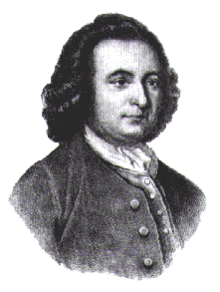Due to schedules and technical problems we have been unable to bring you our Evening Edition. While the technical difficulties are being remedied the scheduling is going to be very tight for the next two weeks as I will be traveling and ek hornbeck will being doing his annual “playing in the mud” event (don’t ask, you really do not want to know).
Tonight’s Evening Edition will be a bit abbreviated, I have last minute shopping and packing. Thank you for your patience, for reading and we sincerely apologize for the inconvenience to our readers.
Syrian army presses scorched earth campaign in north
DAMASCUS (AFP) – The Syrian army pressed a scorched earth campaign in the northern mountains on Monday even as state media said two top officials had been banned from foreign travel in a state probe into their role in a previous bloody crackdown.
Washington called on President Bashar al-Assad to lead a transition or leave power, as Western government expressed mounting frustration at the failure of the UN Security Council to agree a resolution condemning Syria’s response to three months of protests.
“Meaningful probability” of a China hard landing: Roubini
SINGAPORE (Reuters) – China faces a “meaningful probability” of a hard economic landing and the euro zone is storing up problems for the future by not tackling the debt crisis head on, said Nouriel Roubini, the economist who predicted the global financial crisis.
He said U.S. Treasury prices, which have risen sharply as investors sought a safe haven from the euro area debt crisis and worries about a slowdown in the global economy, were fairly valued although he was cautious about U.S. equities.
New York-based Roubini is closely followed by Wall Street because he predicted the U.S. housing meltdown that precipitated the global downturn.
China avoided a hard landing during the global credit crunch but faces a downturn after 2013 as it will struggle to keep increasing fixed investments, Roubini said.


 Welcome to the Vox Frustrati diary series. Vox is a persona and this project is a collaboration by a group of people.
Welcome to the Vox Frustrati diary series. Vox is a persona and this project is a collaboration by a group of people. 
 There was shocking news early this June about May economic performance: GDP growth in May was about the same as the average for the first quarter of 2011, and so employment growth was virtually stagnant, and indeed fell behind growth of the labor force.
There was shocking news early this June about May economic performance: GDP growth in May was about the same as the average for the first quarter of 2011, and so employment growth was virtually stagnant, and indeed fell behind growth of the labor force.
Recent Comments